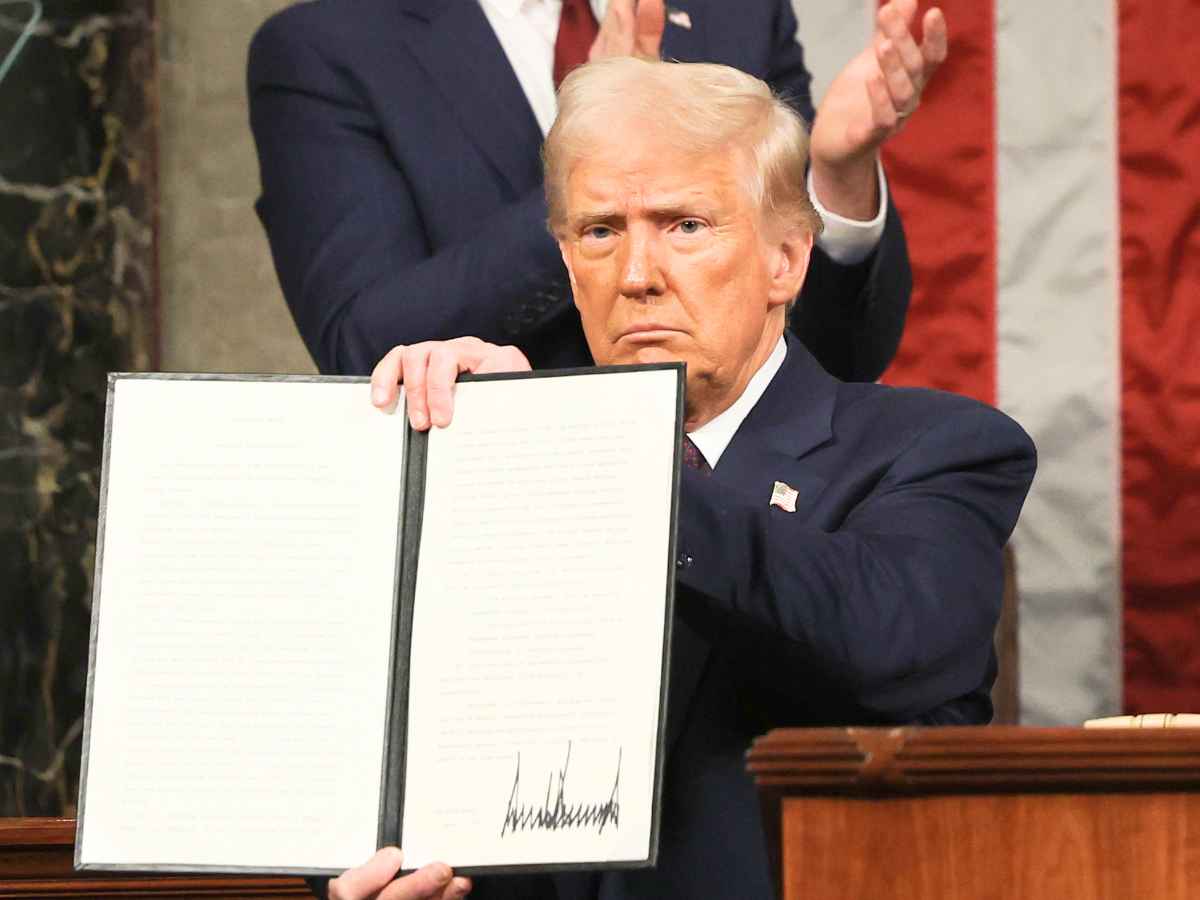These measures reflect the government’s push to reshape the immigration system, causing both debate and legal scrutiny.
In a climate marked by rising geopolitical tensions and an emphasis on national security, the Trump administration has intensified checks for individuals seeking visas or permanent residency. Many applicants, especially those from Colombia and other countries reliant on US travel or study visas, have begun to worry about the role their online activity may play.
How the US government has tightened the visa and residency application process under new policies
Federal authorities have introduced stricter screening procedures, including social media reviews, to identify possible national security threats. This development has stirred anxiety among foreign nationals who use social platforms for personal or professional purposes. While officials claim this measure is crucial for security, some applicants wonder if their jokes, opinions, or even shared articles might be misinterpreted.
Are you concerned about how your online presence could impact your visa eligibility? This question has been circulating widely in immigrant communities, prompting calls for greater clarity about what content raises red flags.
Detailed look at the mandatory registration for undocumented immigrants and potential penalties involved
In April 2025, a controversial registry for undocumented immigrants received legal authorization in Washington, D.C. Non-citizens who have been in the US for at least 30 days and all undocumented residents over 14 must register with a federal database. They are also required to provide biometric data and carry proof of registration at all times. Noncompliance could result in hefty fines or even jail time. Below is a quick reference table summarizing key measures:
| Requirement | Who is Affected | Implementation Date |
|---|---|---|
| Biometric Registration | Non-citizens over 14 living in the US | April 2025 |
| Social Media Screening | Visa applicants and permanent residency seekers | Ongoing |
| Golden Card Visa Proposal | Wealthy foreigners able to invest $5 million | Under Discussion |
These rules aim to reinforce border security but have generated pushback from civil rights groups, who argue they may infringe on privacy and freedom of expression.
Why social media screening for visa applicants has become a matter of national security concern
The Department of Homeland Security (DHS) has approved monitoring online activity for signs of extremist behavior. USCIS regards potentially inflammatory posts as “adverse factors” in evaluating applications. Meanwhile, the Trump administration also halted Green Card processing for certain refugees and asylum seekers, alleging fraud in the system.
¿What the golden card residency proposal could mean for wealthy foreigners seeking to live in the US?
Introduced by former President Trump in February 2025, the so-called “golden card” carries a $5 million price tag. It would grant privileges akin to a Green Card, potentially offering tax benefits and a faster path to long-term residency. Critics argue it creates a two-tier system, favoring those with substantial financial resources over families seeking reunification or humanitarian protection.
In conclusion, these measures underscore the administration’s intent to overhaul immigration policies, sparking lawsuits and debates about constitutional rights. Individuals should review their social media profiles, stay up-to-date on new regulations, and consult legal experts if they feel uncertain about their status.

